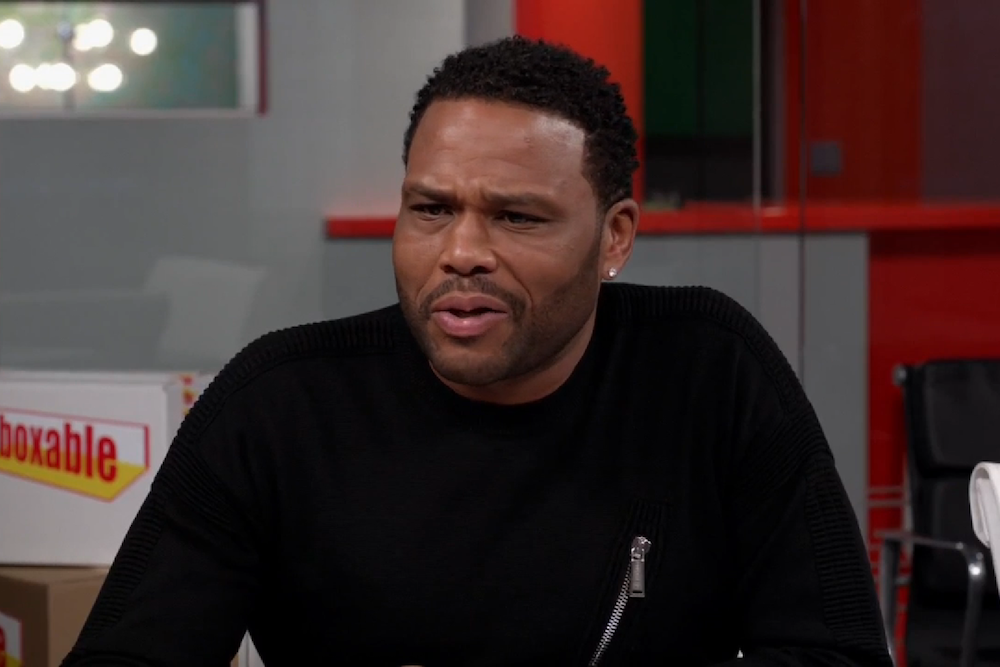Donald Trump is set to take office in a little over a week’s time, but Barack Obama’s Farewell Speech found the soon-to-be former president doubling down on the same rhetorical themes that dominated his two presidential campaigns. Obama again chose “we” as his preferred pronoun, arguing that American exceptionalism binds us through our class and cultural divisions. He even went as far as to evoke Atticus Finch, fiction’s prototypical example of American empathy. “’You never really understand a person until you consider things from his point of view, until you climb into his skin and walk around in it,’” he said, quoting the character’s most famous maxim.”For blacks and other minority groups, that means tying our own very real struggles for justice to the challenges that a lot of people in this country face.”
The optimism was easier to swallow because this was the last national address given by our nation’s first black president. That awe corroded the next morning as Trump gave his first press conference in six months. At this point, even a clumsy attempt to quell the nation’s lingering malaise would’ve been welcomed. Instead, he reportedly paid staffers to cheer him on as he blasted the media, and refused to answer questions about his multiple business conflicts of interest or his interactions with Russia during the campaign. He even bragged about turning down a bribe, as though this was a noble thing to do. The American “forward sweep” Obama mentioned was absent that hour—reality had returned. Obama had to concede the nation to a man who ran a campaign arguing that the concept of American exceptionalism wasn’t inclusive, but only applicable to a Caucasian few.
The centerpiece monologue of Black-ish‘s recent episode “Lemons,” which aired Wednesday night, is consciously aware of the internalized angst over this deeply shameful transition. Anthony Anderson’s character Andre Johnson, a black advertising executive, chuckles when his co-workers banter over Trump’s election. Bemused, one Caucasian co-worker asks “You have not had anything to say about any of this, why do you not care about what’s happening to this country?” It’s at this point Johnson goes straightfaced and launches into a stirring monologue, soundtracked by Nina Simone’s “Strange Fruit” and interspersed with images of black pain with glimmers of joy.
Truth be told, you ask most black people and they tell you no matter who won the election, they don’t expect the hood to get better. But they still voted because that’s what you’re supposed to do. You think I’m not sad that Hillary didn’t win? That I’m not terrified about what Trump’s about to do? I’m used to things not going my way. I’m sorry that you’re not and it’s blowing your mind, so excuse me if I get a little offended because I didn’t see all of this outrage when everything was happening to all of my people since we were stuffed on boats in chains.
Black people are aware of this, though. November’s Dave Chappelle-hosted episode featured a skit where the comedian and white liberals watch as the election numbers trickle in. While the liberals predictably watch in shock, Chappelle—who’s later joined by Chris Rock—respond to the news with an amused Eh. Dawn Richard also echoed the sentiment in a SPIN interview. “My brother, he works at a bank in Seattle: This white lady walked in and asked if he was OK,” she said. “He was like, “Yeah, I’m good, I’m okay. It’s the same shit I do everyday being a black man in a predominantly white situation.”
Johnson’s quest to keep it authentic in a middle-class space is one of the Black-ish‘s central sources of humor. The tension has also birthed its most poignant moments: In last Feburary’s police brutality-focused “Hope,” he remarked how tragically linked hope and fear were even during Obama’s first inauguration (“Tell me you weren’t worried that someone was gonna snatch that hope away from us like they always do.”).
The “Lemons” monologue speaks to the same unspoken anxiety. Neither George Bush nor Barack Obama changed that pessimistic view about the hood—some of my friends didn’t even bother voting this election. The speech was powerful in its obviousness: We’ve known the exclusiveness of American exceptionalism, because we’ve always lived outside that sphere.
Hand Anthony Anderson an Emmy by midnight! Do you hear me?! #blackish pic.twitter.com/RTl7Y4EziJ
— CatchGifUCan ?? (@CatchGifUCan) January 12, 2017





